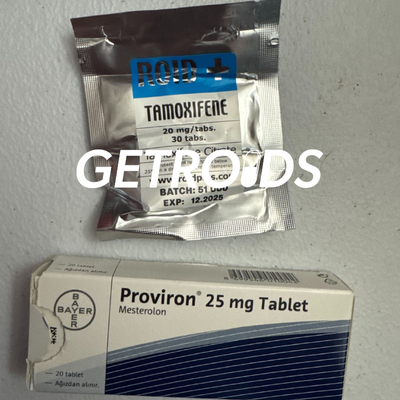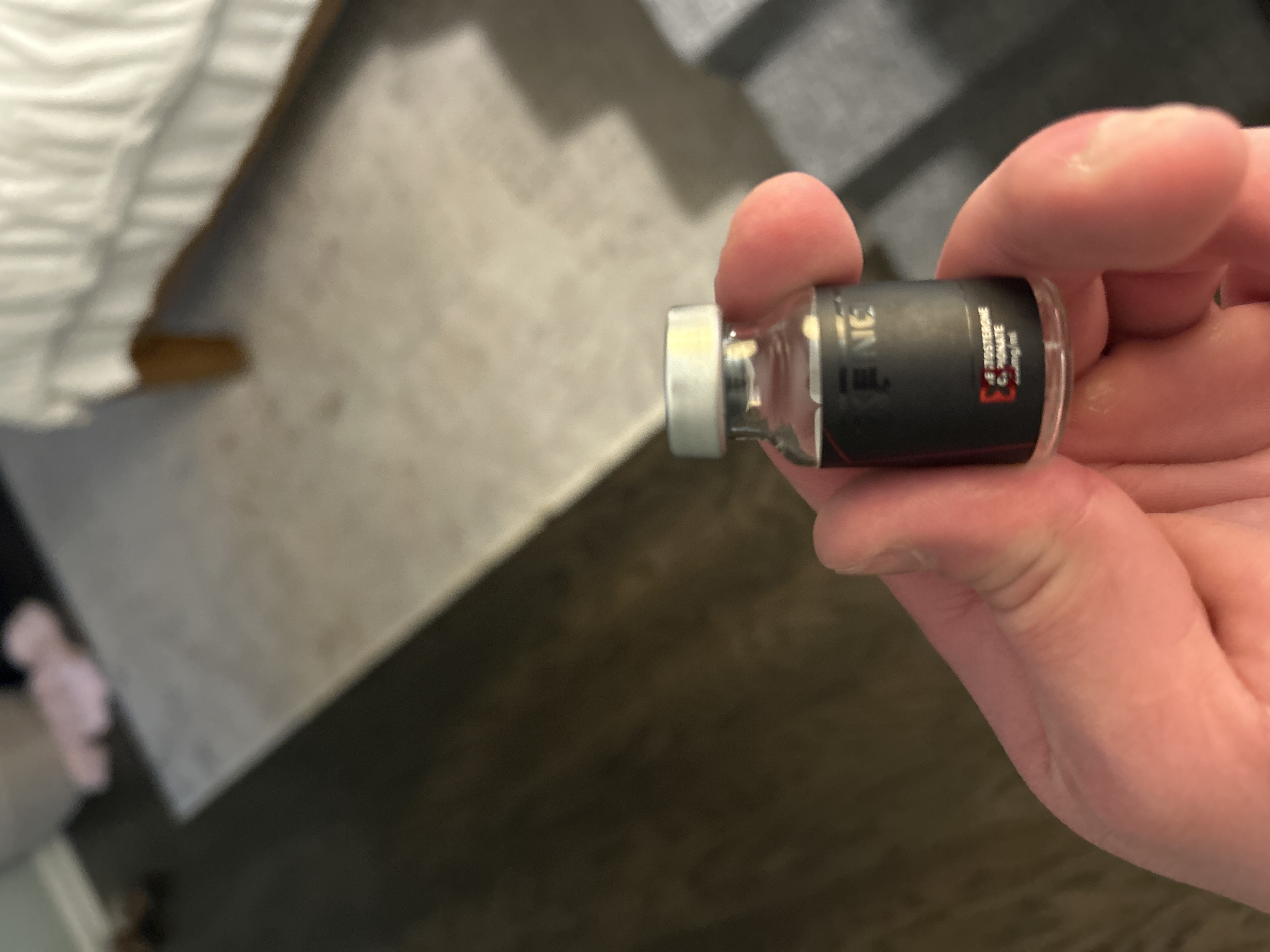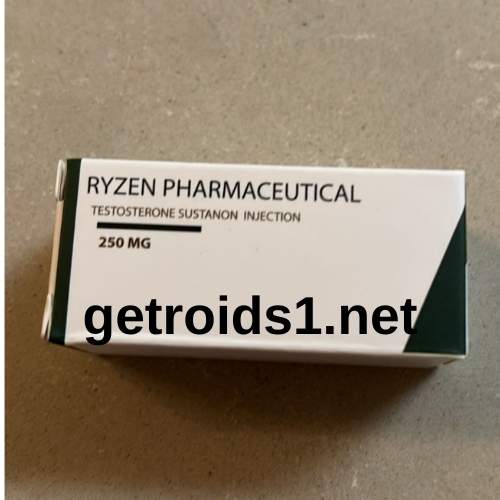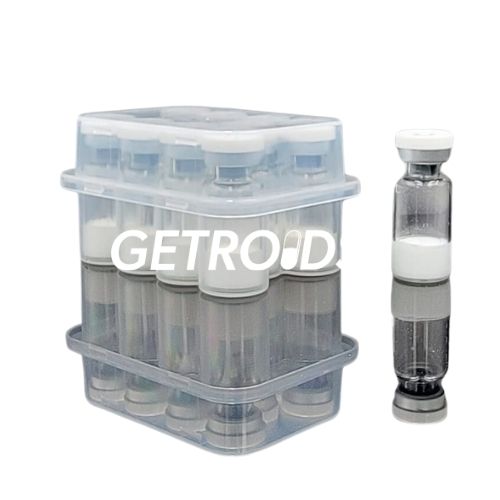Tirzepatide Side Effects: What You Need to Know in 2024
Are you curious about the potential side effects of tirzepatide? Known for its promising role in managing weight and diabetes, tirzepatide is gaining attention from the medical world and individuals alike. While it's effective for many, understanding the possible side effects is crucial for making informed decisions. In this post, we'll explore what to expect, arming you with the knowledge to discuss options with your healthcare provider. Let's dive into the details so you feel confident and informed.
Understanding Tirzepatide
Navigating the world of medications can be overwhelming, especially when it comes to newer treatments. Tirzepatide is a name you might have come across, particularly if you're digging into solutions for managing diabetes or obesity. Let's break down what this medication is, how it works, and why it's becoming a significant topic of conversation in medical circles.

To Buy Original Tirzepatide
What is Tirzepatide?
Tirzepatide might sound like just another scientific term, but it’s actually a promising medication in the fight against high blood sugar and obesity. It’s classified as a GLP-1/GIP receptor agonist. This means it targets receptors in the body that are responsive to specific hormones which play a critical role in managing blood sugar and appetite.
Mechanism of Action
So how does tirzepatide work its magic? Imagine it like an orchestra conductor for your metabolism. It guides your body to use insulin more effectively, helping to keep your blood sugar levels in check. Here's a quick rundown of how it functions:
- Regulates Blood Sugar: By mimicking the actions of GLP-1 and GIP hormones, tirzepatide helps your pancreas release the right amount of insulin after you eat. This process ensures sugar is used correctly and doesn’t linger in your bloodstream unnecessarily.
- Promotes Weight Loss: It also sends signals to your brain, giving you that "full" feeling more quickly, which can help with weight management. Less hunger often means less eating — a simple equation that can lead to significant weight reduction over time.
Consider tirzepatide as a multi-tasking agent that keeps your body’s processes in harmony, much like a well-tuned orchestra.
Approved Uses
Tirzepatide is not just a theoretical solution; it's been approved for certain medical conditions, offering hope and actual results for those who need it. It’s primarily prescribed for:
- Type 2 Diabetes: Helping individuals manage their blood glucose levels more effectively.
- Obesity: Aiding in weight loss for those struggling to shed extra pounds due to metabolic challenges.
These applications make tirzepatide a valuable tool in the ongoing effort to improve health outcomes for people with these conditions.
With its multifaceted approach, it's no wonder tirzepatide is gaining attention. Understanding its basic functions and purposes prepares you to discuss it knowledgeably with healthcare professionals, ensuring you can make informed health decisions.
Common Side Effects of Tirzepatide
When you're considering a medication like tirzepatide, understanding the potential side effects is crucial. Patients have reported experiencing several side effects, some more common than others. Knowing what these are can help you be prepared and make informed decisions about your health. Let's break down some of the most common side effects that people may encounter.
Gastrointestinal Issues
One of the main side effects people notice with tirzepatide is gastrointestinal troubles. You might wonder what that means for you. Well, it often includes nausea, diarrhea, and constipation. These issues can feel unsettling, like an upset stomach after too much pizza. Monitoring your symptoms and staying in touch with your doctor can help manage these side effects effectively.
Here's what you might experience:
- Nausea: Feeling queasy and uneasy, as if you just got off a rollercoaster ride.
- Diarrhea: More frequent trips to the bathroom than you'd prefer.
- Constipation: The opposite problem, leaving you feeling stuck.
Hypoglycemia
Tirzepatide might also lead to hypoglycemia, or low blood sugar levels, particularly if you’re taking other diabetes medications. Imagine your energy suddenly dropping, like a phone battery running low mid-day. This drop can cause symptoms that may interfere with your daily routine.
To keep a check on it:
- Regularly monitor your blood sugar levels.
- Keep some quick snacks nearby to boost your sugar levels if needed.
- Talk to your doctor about adjusting medication doses.
Injection Site Reactions
Using tirzepatide involves injections, which means potential reactions at the injection site. You might notice some redness or swelling where the medicine is injected, similar to a bee sting. While this can be annoying, it's usually temporary and manageable.
If you experience these symptoms:
- Apply a cold compress to the area to reduce swelling.
- Avoid scratching or rubbing the site to prevent irritation.
Fatigue and Dizziness
Some patients report feeling tired and dizzy while on tirzepatide. It's akin to feeling like you need an extra cup of coffee to make it through the day. These feelings can make even simple tasks seem daunting.
To cope with these side effects:
- Ensure you are getting enough rest.
- Stand up slowly from a sitting or lying position to avoid dizziness.
- Stay hydrated and eat balanced meals to maintain energy levels.
Understanding these common side effects isn't just about knowing; it's about staying a step ahead in managing your health. Stay informed, and don’t hesitate to reach out to your healthcare provider if you have any concerns.
Serious Side Effects
When taking medication like tirzepatide, it's crucial to be aware of potential side effects. While many side effects may be mild, some can be serious and require immediate attention. Understanding these serious risks can help ensure safer use of the medication.
Pancreatitis
Pancreatitis is a risk to watch out for with tirzepatide. This condition involves the inflammation of the pancreas, and it can become quite serious if not addressed. Imagine your pancreas as a small engine in your body—a sudden breakdown can cause major problems.
Symptoms to Watch For:
- Severe stomach pain that might worsen after eating
- Fever
- Nausea or vomiting
- Fast heart rate
If you experience these symptoms, it's vital to seek medical help immediately. Pancreatitis isn't just a small speed bump—it's a roadblock that needs attention.
Kidney Injury
Acute kidney injury is another concern, especially for those who already have kidney issues. Your kidneys work like the body's filtering system. When they're not functioning well, waste can build up, leading to severe health complications.
Who Is at Risk?
- Individuals with existing kidney disease
- Those with conditions like diabetes or hypertension
If you're prone to kidney problems, keeping an eye on any unusual changes is crucial when using tirzepatide.
Allergic Reactions
Although rare, allergic reactions to tirzepatide can occur. Consider this like a lightning storm—rare but potentially dangerous when it strikes.
Symptoms to Look For:
- Rash
- Trouble breathing
- Swelling of the face, tongue, or throat
- Dizziness or fainting
These symptoms require immediate medical intervention. It's like hearing thunder in the distance and knowing you need to find shelter fast.
With this knowledge, you're better equipped to handle potential risks related to tirzepatide. It's like being a scout on a trail—aware and ready for any unexpected twists. Always consult with your healthcare provider about any worrying symptoms, as they are your guiding compass on this journey.
Management of Side Effects
When taking tirzepatide, understanding how to handle side effects can make a significant difference in your overall treatment experience. Side effects, no matter how minor, should be monitored carefully. It's crucial to take proactive steps in managing them effectively to improve your quality of life during treatment.
Consulting Healthcare Providers
Communication with your healthcare provider is vital. Are you experiencing something unusual or uncomfortable from taking tirzepatide? Let your doctor know. They need to hear about your experiences to give the best advice. Talking openly about side effects ensures that they can tailor your treatment to suit your needs. Remember, you're not alone in this journey. Your healthcare team is there to support you, so keep the lines of communication open.
Lifestyle Adjustments
Small changes in your daily routine can significantly impact your well-being. Consider the following lifestyle adjustments to help manage tirzepatide side effects:
- Dietary Changes: Eating a balanced diet rich in fruits, vegetables, and whole grains can help your body handle the medication better. Avoid foods that might worsen your symptoms, like high-fat or spicy foods.
- Hydration: Drinking plenty of water is key. Proper hydration can help reduce side effects like nausea or dizziness.
- Exercise: Regular physical activity can boost your mood and energy levels. Even light activities, like walking or stretching, can make a difference.
Think of these adjustments as tuning your body's engine; a little fine-tuning might keep you running smoothly.
Medication Adjustments
If side effects become too much to bear, don't hesitate to discuss medication adjustments with your healthcare provider. Sometimes, adjusting the dosage might ease your symptoms. In other cases, switching to a different medication might be the solution. Your doctor can guide you through these options to find a balance that maximizes benefits while minimizing discomfort.
Taking control of side effects isn't just about enduring them; it's about actively managing them with the help of your healthcare team and by making practical lifestyle changes. Remember, you're in the driver's seat, and with the right strategies, you can navigate this experience more comfortably.
Staying Informed About Tirzepatide Side Effects
Being aware of the side effects of any medication, including tirzepatide, is crucial for anyone considering or already using it. Understanding these effects can help you make informed decisions, recognize warning signs early, and communicate effectively with your healthcare provider.
Why Awareness Matters
Understanding the side effects isn't just about reading a list of potential issues. It's about being prepared and responsible for your health. A new medication can feel like entering uncharted waters, but knowing what to expect helps you navigate these waters more smoothly. By being informed, you can spot any unusual symptoms early and seek help promptly, preventing minor issues from becoming significant problems.
Tips for Staying Proactive
Here are some practical ways to stay informed and proactive regarding tirzepatide's side effects:
- Research Regularly: Stay updated with the latest studies and news about tirzepatide. Reliable sources like medical journals and healthcare websites can offer valuable insights.
- Keep a Health Journal: Document how you feel each day, noting any side effects. This record can be invaluable when discussing your treatment with your doctor.
- Open Communication: Maintain an open line of communication with your healthcare provider. Ask questions, share your concerns, and ensure you fully understand any advice given.
- Community Support: Engage with support groups or forums. Hearing others' experiences can provide reassurance and new perspectives on managing side effects.
Partnering With Your Healthcare Provider
Remember, your healthcare provider is your ally in treatment. They're like the coach on your health journey, helping guide you toward your goals. By staying proactive about potential side effects, you're not only protecting your health but also ensuring a more successful treatment outcome. Together, you and your provider can tackle any challenges tirzepatide might present.
Being informed and vigilant empowers you to embrace treatment with confidence, smoothing the pathway toward better health and well-being.
Customer Reviews
Discover real user experiences and explore our products.


















































